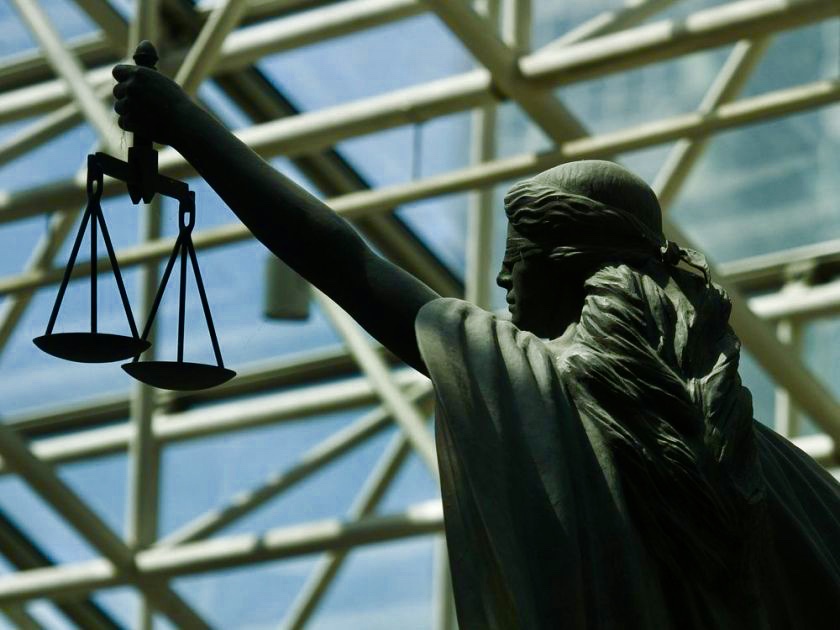Toronto Star Newspapers Ltd v Sherman Estate 2018 ONSC 4706 involved the sensational murder of two wealthy Torontonians where the courts weighed the deleterious effects of applying publication bans to protect files. The court concluded that any deleterious effect of a publication ban was substantially outweighed by the salutary effects on rights and interests of victims, beneficiaries and trustees of the estate.
The court ordered that the estate files be sealed for two years.
Journalists had sought access to the estate and investigatory files but were advised that the files were not available for viewing, so the newspaper brought application seeking variation or termination of protective orders and full and ceiling of the court files. Those applications were dismissed for a period of two years.
The case reviewed the principles applicable to win the courts will grant confidentiality orders:
1) The principle of open courts is inextricably tied to the rights guaranteed by section 2 of the Charter of Rights.- Sierra Club of Canada v. Canada (2002) 2 SCR 522;
2) The fundamental question for a court to consider in an application for a publication ban or confidentiality is whether, in the circumstances, the right to freedom of expression should be compromised and the analytical approach to the problem must be tailored to the specific rights and interest engaged in the case- Sierra Club at paragraphs 37 – 38;
3) The basic purpose of the court’s approaches to ensure that the judicial discretion to deny public access is exercised in accordance with charter principles;
4) A confidentiality order (publication ban) should only be granted when such an order 1) is necessary in order to prevent a serious risk to an important interest because reasonable alternative measures will not prevent the risk, and 2) the salutary effects of the confidentiality order outweighs it’s deleterious effects, including the effects and the right to free expression in the public interest in open and accessible court proceedings;
5) Stated differently public access will be barred only when the appropriate court, in the exercise of its discretion, concludes that disclosure would subvert the ends of justice or unduly impair its proper administration. Toronto Star Newspapers LTD v Ontario (2005) 2 SCR 188;
6) These principles apply to all discretionary court orders that limit freedom of expression and freedom of the press in relation to legal proceedings, there being no fundamental distinction to be drawn between seeming orders, publication bans rather confidentiality orders made in the context of court proceedings, both criminal and civil;
7) The test is not whether or confidentiality should be issued in order to err on the side of caution or out of an abundance of caution- the test is whether it is necessary to do so R. v Kossyrine & Vorobiov 2011 ONSC 6081
The court concluded that the burden to be satisfied by the party seeking a confidentiality order is a high one in the court must guard against any tendency to treat such applications as routine.
The open court principle is a fundamental element necessary to maintain and nourish public confidence in our courts and their integrity. Loss of that confidence when undermined the public’s willingness to accept the legitimacy of the mandate of judges to dispense justice on their behalf. From there lies a slippery slope to the sort of society no Canadian wishes to bring about.



